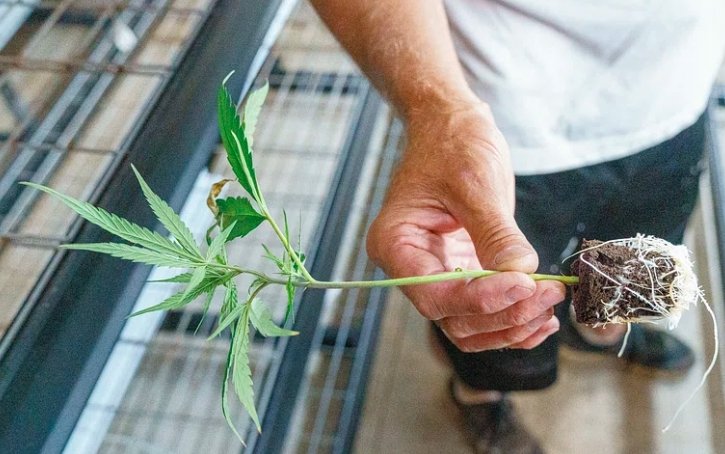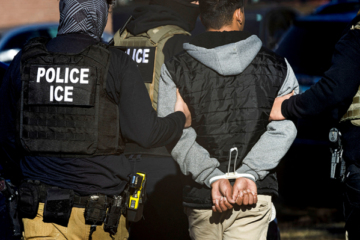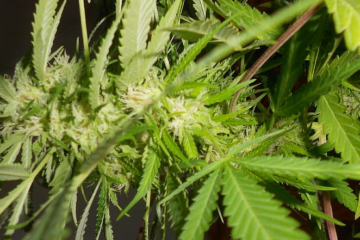Eight cannabis business applicants whose applications for licenses were rejected have filed two lawsuits against Minnesota’s cannabis regulators, alleging that their rejections were arbitrary and seeking to delay an upcoming lottery that will further narrow the pool of eligible applicants.
Background on the Dispute
Minnesota’s Office of Cannabis Management (OCM) is scheduled to hold a lottery on Tuesday, November 26, 2024, to preapprove licenses for 182 out of the remaining 648 social equity applicants. The state’s social equity program aims to provide opportunities for people affected by past cannabis prohibition, veterans, and residents of high-poverty areas to participate in the state’s burgeoning adult-use marijuana market.
However, the lottery follows a significant reduction in applicants. On November 22, 2024, the OCM rejected 1,169 applications, narrowing the field and fueling frustration among those who felt their applications were denied for minor clerical errors or without sufficient explanation.

Legal Action Against the OCM
The two lawsuits, filed on behalf of several denied applicants, accuse the OCM of using an unfair and inconsistent evaluation process. Jen Reise, a Twin Cities-based cannabis attorney, is representing six of the applicants in one of the suits, which seeks a temporary restraining order to delay the lottery scheduled for Tuesday. The plaintiffs argue that the OCM has been unwilling to engage with social equity applicants or provide meaningful reasons for their rejections.
Reise criticized the OCM’s lack of transparency, saying many applicants were rejected due to minor paperwork mistakes and that the office did not offer applicants a chance to correct errors.
“We’re deeply concerned that OCM has been unwilling to engage with social equity applicants, many of whom were denied for extremely minor paperwork problems or whose denials are not supported by the reasons OCM is giving them,” Reise said.
The OCM has maintained that it stands by its application review process and that it looks forward to proceeding with the lottery. Spokesman Josh Collins confirmed that an additional lottery will be held in early 2025 for further social equity license preapprovals, as well as a general lottery for other applicants.
Denied Applicants Speak Out
Among those who have filed lawsuits, Cristina Aranguiz and Jodi Connolly are challenging their rejections. Aranguiz claims the explanation provided for her rejection didn’t align with the state’s requirements, while Connolly stated that she never received any explanation for her denial. These applicants argue that the OCM’s decisions were arbitrary and not based on clear criteria.
In response, OCM Interim Director Charlene Briner stated that the agency is committed to ensuring that the cannabis licensing process remains fair and free from manipulation. She emphasized that the office is focused on preventing “bad actors” from overwhelming the system and gaining an unfair advantage.
OCM spokesman Jim Walker also weighed in, accusing the plaintiffs of being part of a “scheme” to manipulate the licensing process by using multiple “straw applicants” to increase their chances in the lottery. He suggested that further details would reveal an intentional effort to subvert state law.
The Future of Minnesota’s Cannabis Licensing Process
The outcome of these lawsuits could have significant implications for Minnesota’s cannabis licensing process, particularly for social equity applicants. The OCM’s decision to hold a lottery is intended to ensure fairness in awarding licenses to cannabis business applicants, but the lawsuits indicate growing concerns about the transparency and consistency of the process.
The state’s social equity program has been designed to provide opportunities for historically disadvantaged communities to participate in the cannabis industry, but applicants are now questioning whether the system is adequately serving those goals.
With the lottery scheduled to proceed next week, all eyes will be on the legal challenges and whether the court agrees to delay the process as requested by the plaintiffs.



